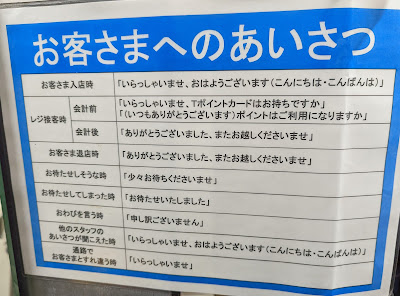Grammar often used but not seen in textbooks: ~かなと思う/かと思う
1. Why should we use "~かなと思う"?
Using "~かなと思う" can make your tone softer.
In N5 or N4, the teacher taught us that 「~ と思う」 means "I think."
But a significant problem that the teacher did not mention is that 「~ と思う」 means 100% subjective.
This means that this is what you think with intense subjectivity, no matter the objective facts. Then this may lead to an argument.
For example,
同性婚について、多様性が求められる現代社会では認められるべきと思います。(100% subjectivity)
As for same-sex marriage, I think it should be recognized in a modern society that demands diversity.
同性婚について、多様性が求められる現代社会では認められるべきかなと思います。(95% subjectivity or uncertain)
This is not uncertainty but avoiding conflict. Politicians, Internet speakers, interviewees, and so on often see this form of speech.
2. What about "~かと思う"?
Example Setences:
A: 山田さんはあとどれぐらい来ますか。
B: そろそろ来るかと思います。
このコラムを読めば、きっとご理解いただけるかと思います。
お忙しいかと思いますが、ぜひご参加ください。
A: この料理、前回食べたときの味と違う。
B: もう少し牛乳を足したらいいかと思うよ。
It is the same as "~かなと思う," but it is more subjective in expression, and it is also 95% subjectivity.
Why do I say that "~かと思う" is more subjective than "~かなと思う"?
You see, "~かな" is only 50% certain. After adding "と思う" to "~かな," although it is 95% subjectivity, it may also be really uncertain.
3. In Conclusion
~と思う→100% subjectivity
~かと思う→95% subjectivity
~かなと思う→95% subjectivity or really uncertain
コロナと思う。 I think I got COVID-19. (100%)
コロナかと思う。I think I got COVID-19. (95%)
コロナかなと思う。I think I got COVID-19. (95%,uncertain)
This is a unique feature of the Japanese language.


Comments
Post a Comment